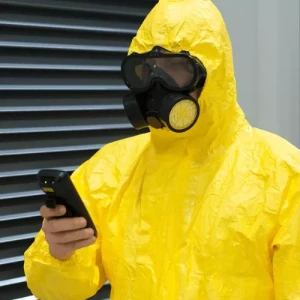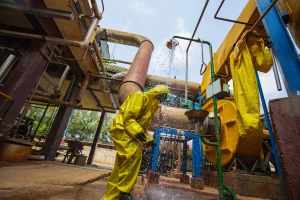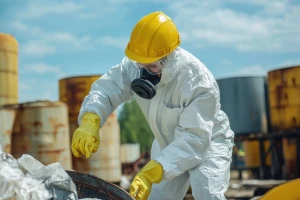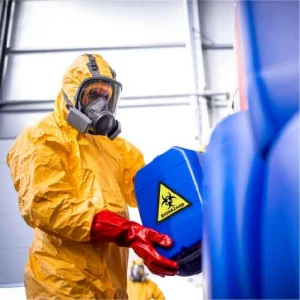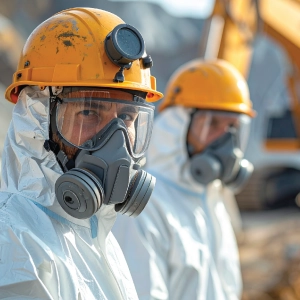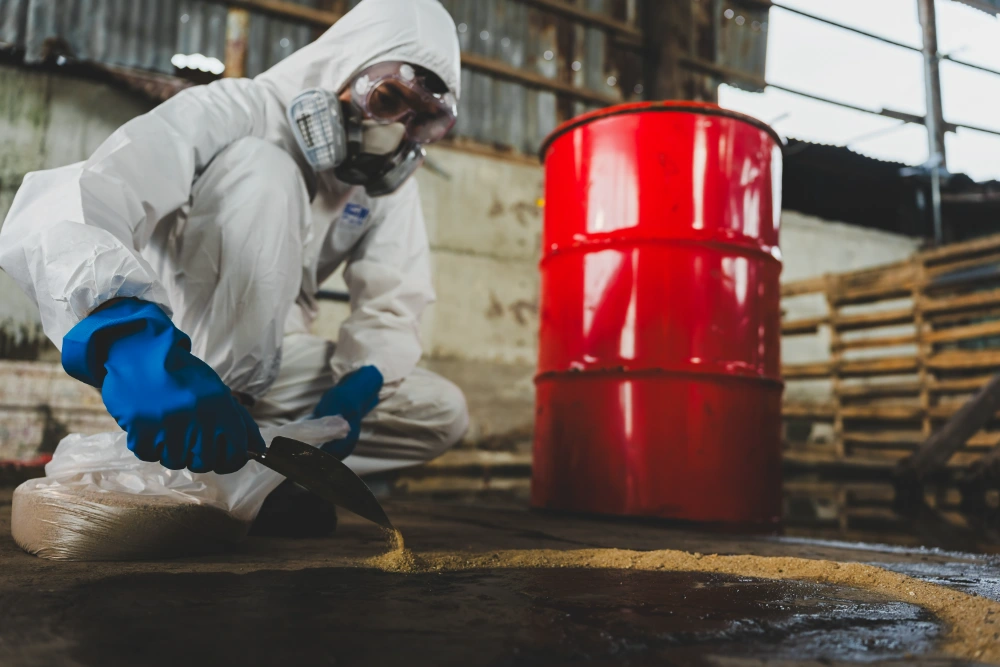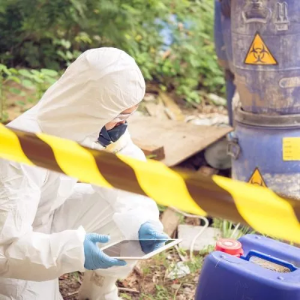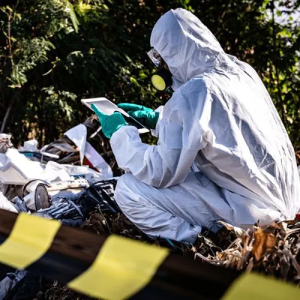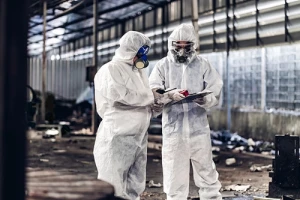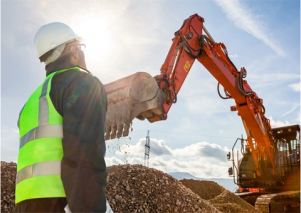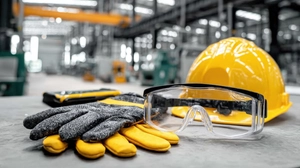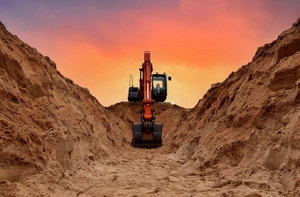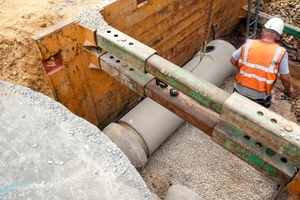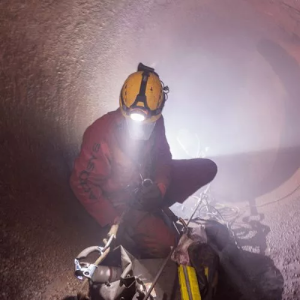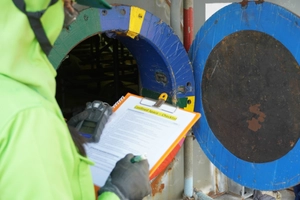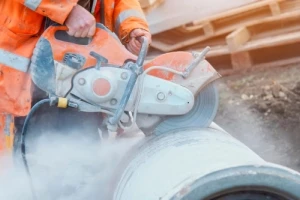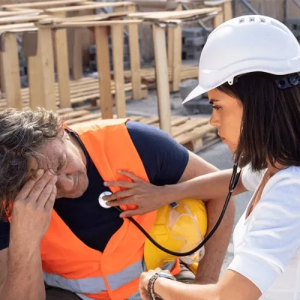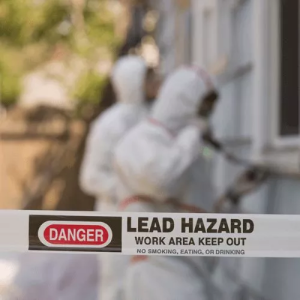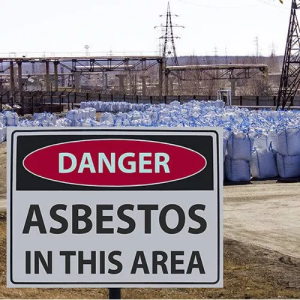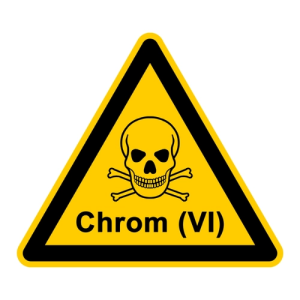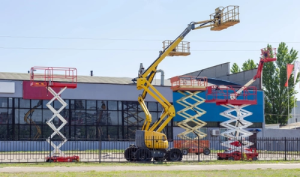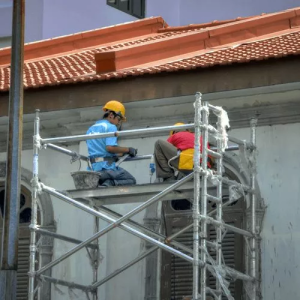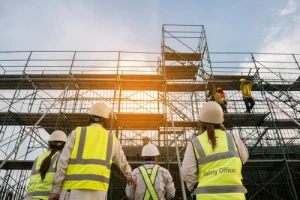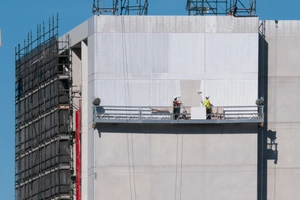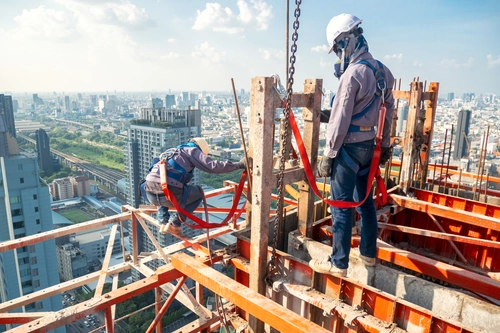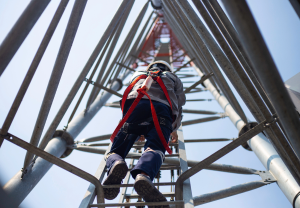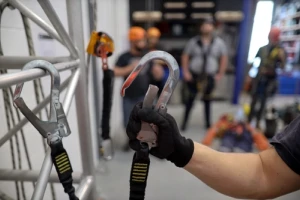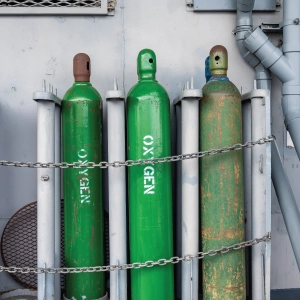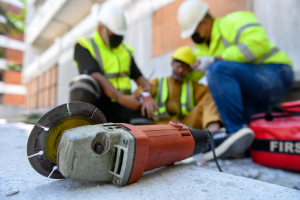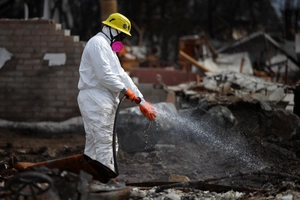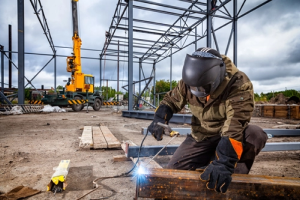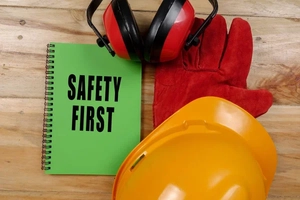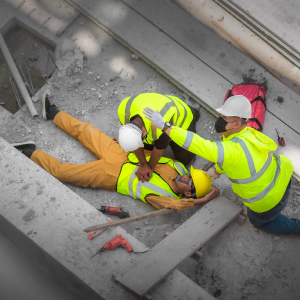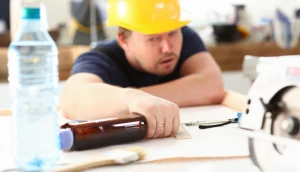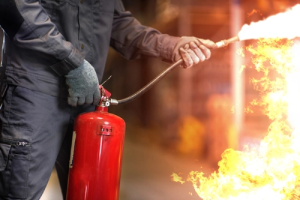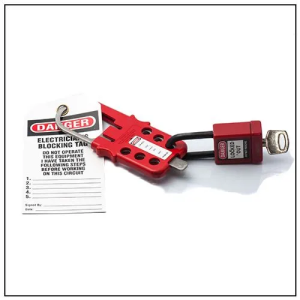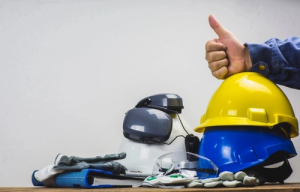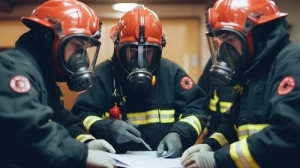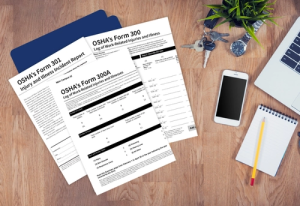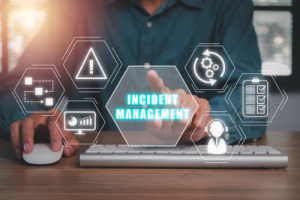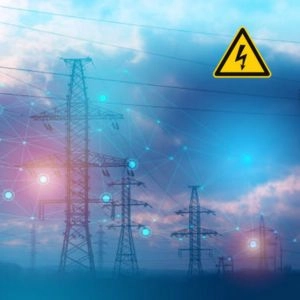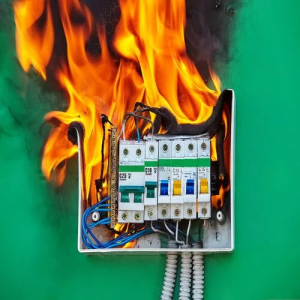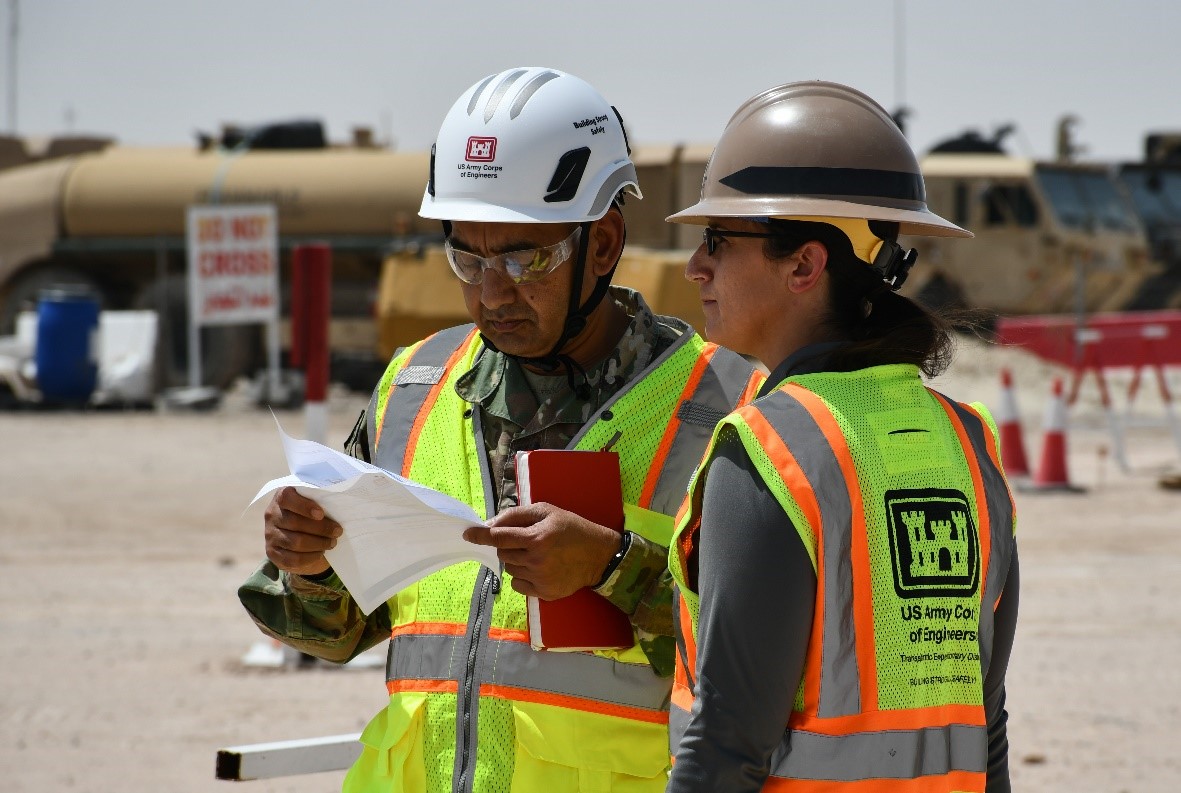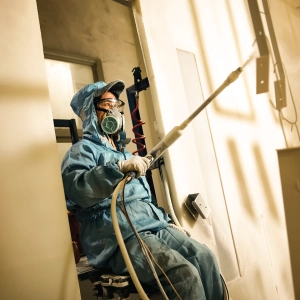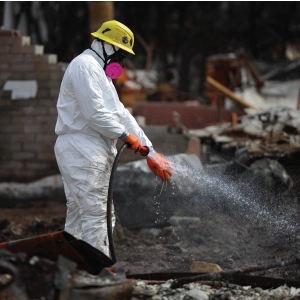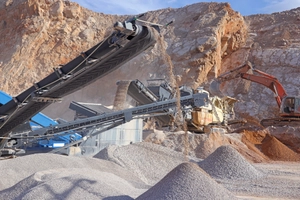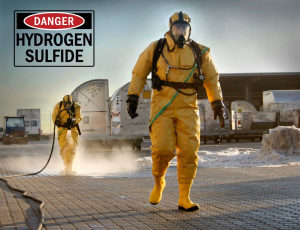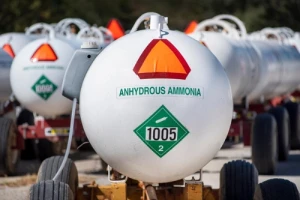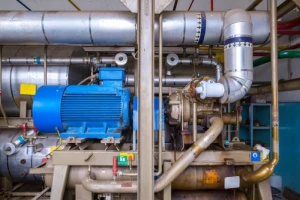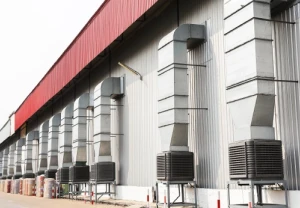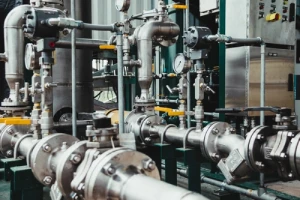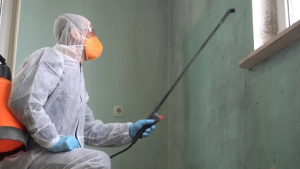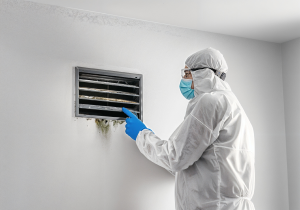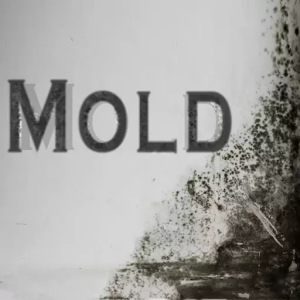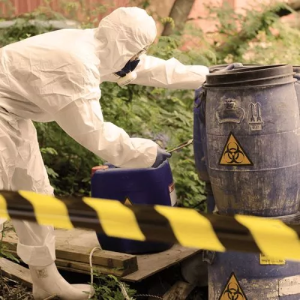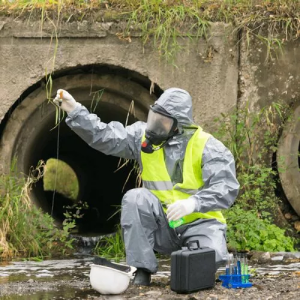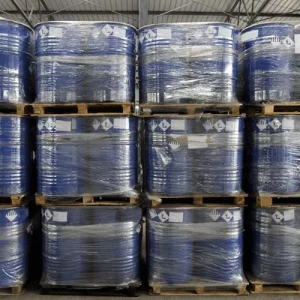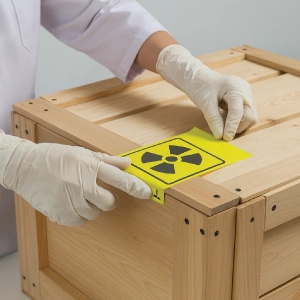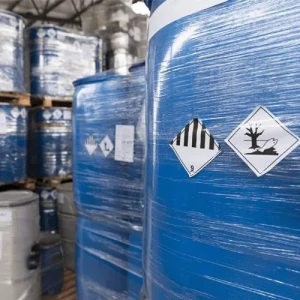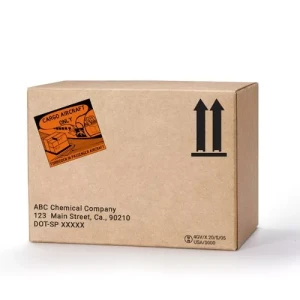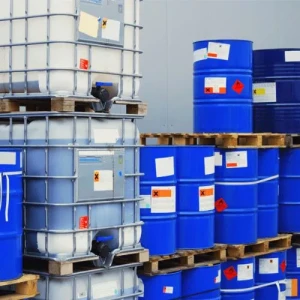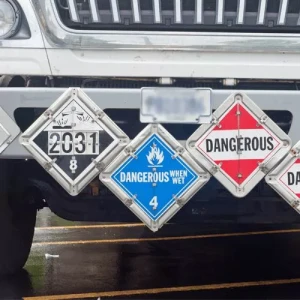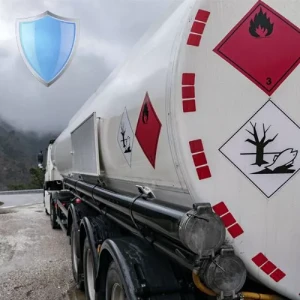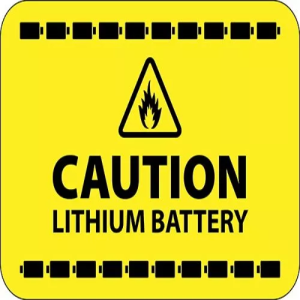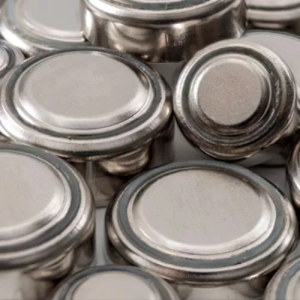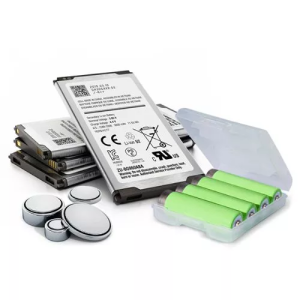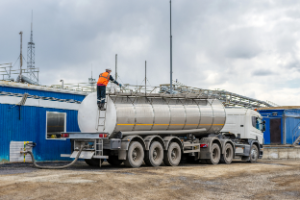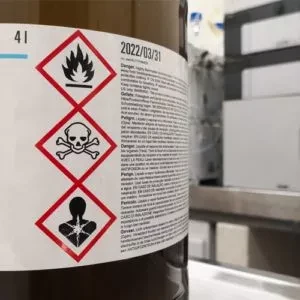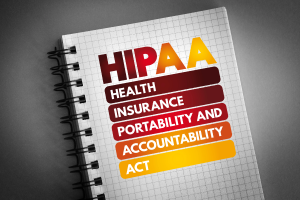Mold Prevention and Remediation Awareness Training
- In accordance with Federal OSHA and EPA Guidelines
- Available in:
 English |
English |  Español
Español - Study at your own pace, wherever you are, using any device
- Listen to the entire course read aloud
- Obtain your certificate immediately after finishing
- SCORM-ready, on-demand digital, virtual instructor sessions, or on-site course offerings
0.2
Bulk Buying
| Employee | Per Seat |
|---|---|
| 2-10 | $59.39 |
| 11-20 | $58.79 |
| 21-50 | $58.19 |
| 51-100 | $56.99 |
| 101-250 | $55.79 |
Course Facts
Training Duration
Learning Type
Course Access Validity
Device Support
Certificate Validity
The Mold Prevention Awareness Training course provides foundational knowledge on mold prevention, mold remediation, and mold cleanup practices commonly applied in residential, commercial, and multi-occupancy buildings. This training is designed to help participants recognize conditions that promote mold growth, understand moisture control strategies, and identify situations where professional mold remediation training or mold inspection training may be required.
The course explains how mold can impact indoor environments and outlines the potential health concerns associated with mold exposure, supporting safer decision-making for property managers, maintenance personnel, and workers operating in mold-prone areas. Emphasis is placed on prevention strategies, basic response actions, and the importance of protecting building occupants and workers during mold-related activities, aligning with the objectives of a practical mold certification training program.
Because scientific research on mold exposure and health effects continues to evolve, guidance related to mold remediation, mold inspection, and cleanup practices may change over time. This course reflects current industry-recognized principles and serves as an entry-level mold certification course, supporting awareness, risk recognition, and compliance-focused training needs rather than advanced remediation or inspector certification.
Who Needs This Mold Certification Course?
- Property managers and facility managers overseeing indoor environmental conditions and building maintenance.
- Building owners responsible for moisture control, remediation decisions, and occupant safety.
- Maintenance personnel and custodial staff working in areas prone to water intrusion or mold growth.
- HVAC technicians and building engineers involved in inspection, maintenance, or system cleaning.
- Mold inspectors and environmental consultants conducting assessments or evaluations.
- Industrial hygiene professionals addressing indoor air quality concerns.
- Construction and renovation workers disturbing building materials during repair or retrofit projects.
- Restoration professionals involved in recovery of water damage and mold cleanup.
- Workers assigned to residential, commercial, and multi-occupancy buildings with known or suspected mold issues.
- Teams operating in crawl spaces, confined spaces, and HVAC systems where mold exposure risks may exist.
Why Choose Our Mold Remediation Certification?
- Industry-aligned training covering mold identification, assessment, remediation, and prevention best practices.
- Practical guidance based on real-world building conditions, moisture issues, and remediation scenarios.
- Clear explanations of health risks, exposure pathways, and occupant safety considerations.
- Focused coverage of HVAC systems, confined spaces, and high-risk environments.
- Balanced instruction on visual assessments and mold sampling, including limitations and appropriate use.
- Emphasis on proper cleanup methods and the safe use of personal protective equipment.
- Content designed for property managers, technicians, inspectors, and remediation professionals.
- Certification suitable for compliance support, professional development, and workplace training programs.
Mold Prevention and Remediation Awareness Training Course Syllabus
This Mold Prevention Awareness Training course consists of 5 lessons. Students are required to take each lesson in sequential order as listed below.
Introduction
Lesson 1: What is Mold?
- Understand what mold is and where it is found.
- Explain how mold grows and the conditions that support its development.
- Recognize why building occupants should be concerned about mold contamination in indoor environments.
- Describe the health effects associated with mold exposure.
- Define the terms Building-Related Illnesses (BRIs) and Sick Building Syndrome (SBS).
Lesson 2: Moisture Problems and Preventive Maintenance
- Identify possible locations of hidden moisture in homes and other buildings.
- Explain the various causes of moisture problems in indoor environments.
- Discuss preventive actions to limit mold growth on water-damaged items.
- Understand specific practices for preventive maintenance of buildings, crawl spaces, HVAC systems, furnace humidifiers, and toilet and bathroom areas.
Lesson 3: Building Investigation and Remediation Plan
- Identify areas of potential mold contamination in indoor environments, including buildings, homes, schools, and community centers.
- List the types of equipment used for mold assessment and remediation.
- Discuss the advantages and disadvantages of mold sampling techniques.
- Explain the key steps of a mold remediation plan.
Lesson 4: Mold Cleanup and Containment
- Describe the three methods commonly used for mold cleanup.
- Define biocides and explain why they are not recommended for routine use in mold remediation.
- Explain the concept of containment during mold remediation and the two types of containment methods.
- Describe the different types of personal protective equipment (PPE) required to minimize exposure to mold, mold spores, and dust.
Lesson 5: Mold Remediation Guidelines
- Understand area-specific remediation guidelines for building materials with or likely to have mold growth.
- Explain the cleanup and remediation procedures for small, medium, and large areas of mold contamination.
- Be able to define a confined space, permit-required confined space, and non-permit confined space to recognize hazards and precautions.
- Describe the special considerations for mold remediation in HVAC systems and confined spaces.
- Support understanding of how the evaluation of mold remediation procedures requires professional judgment with no easy answers.
Final Examination
Frequently Asked Questions
At present, there are no federal standards or recommendations from regulatory or health agencies (including OSHA, EPA, and CDC) for acceptable airborne concentrations of mold or mold spores.
However, there are several OSHA standards that may be applicable in specific situations, including standards for general industry (29 CFR 1910), shipyard employment (29 CFR 1915), and construction (29 CFR 1926).
Mold growth is common in both indoor and outdoor environments. Mold is a substantial problem in the indoor environment because when mold spores land on a moist surface and start to grow, they gradually destroy or digest the things they grow on and compromise the structural integrity of buildings and appearance of furnishings.
Additionally, mold growth in buildings can lead to unpleasant odors and can trigger health effects and allergic reactions in some individuals. Therefore, people who work in potentially mold-contaminated areas must understand the best practices for preventing exposure and structural damage to buildings and other fixtures.
For more information on mold, click here.
The Mold Remediation Certification provides practical, industry-aligned training in mold remediation, mold inspection, and mold prevention.
It covers health risks, moisture control, and occupant safety, with guidance on HVAC systems, confined spaces, cleanup methods, and personal protective equipment.
Designed for property managers, technicians, inspectors, and remediation professionals, this certification supports compliance, professional development, and workplace training.
- Property managers and facility managers overseeing indoor environmental conditions and building maintenance.
- Building owners responsible for moisture control, remediation decisions, and occupant safety.
- Maintenance personnel and custodial staff working in areas prone to water intrusion or mold growth.
- HVAC technicians and building engineers involved in inspection, maintenance, or system cleaning.
- Mold inspectors and environmental consultants conducting assessments or evaluations.
- Industrial hygiene professionals addressing indoor air quality concerns.
- Construction and renovation workers disturbing building materials during repair or retrofit projects.
- Restoration professionals involved in recovery of water damage and mold cleanup.
- Workers assigned to residential, commercial, and multi-occupancy buildings with known or suspected mold issues.
- Teams operating in crawl spaces, confined spaces, and HVAC systems where mold exposure risks may exist.
This same Mold Awareness Training course can be used for re-training/refresher training purposes.
Certificate of Completion: Immediately after passing the final exam, you can download, save, or print your certificate in PDF format.
Validity: The course certificate is valid for three years.
Renewal: Simply take this course in 36 months to stay up to date on mold inspection and remediation best practices.
COURSE OBJECTIVES
Course Objectives
After completing the course, the learner will be able to:
- Understand what mold is and where it is commonly found.
- Define the terms Building-Related Illnesses (BRIs) and Sick Building Syndrome (SBS).
- Explain why mold is a problem in the indoor environment.
- Discuss the health effects associated with mold exposure.
- Understand the specific practices for preventive maintenance of buildings, crawl spaces, HVAC systems, furnace humidifiers, and toilet and bathroom areas.
- List the equipment used for mold assessment and mold remediation.
- Discuss the advantages and disadvantages of mold sampling.
- Describe the methods generally used for mold cleanup and understand why biocides are not recommended for use as a routine practice.
- Describe the different types of PPE that may be required to minimize exposure to mold, mold spores, and dust.
- Understand the area-specific remediation guidelines, including special considerations for mold remediation in HVAC systems and confined spaces.
Choose Your Ideal Training Format:



Virtual Instructor-Led
$199.00/Seat (minimum 10 seats)

Client-Site In-Person
$750.00/Seat (minimum 10 seats)
The ROI of Online Safety Training
Discover the value of our efficient alternative to live training, and calculate your return on investment.


Recommended Courses

For Corporate Orders and Inquiries please reach out to our sales team at (310) 498-0546
By signing up you agree to receive marketing emails.
Be assured we will never spam you!
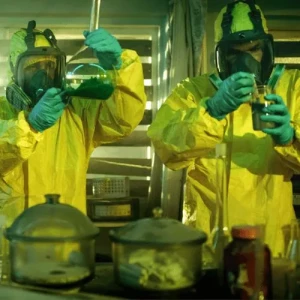
 EN |
EN |  ES
ES